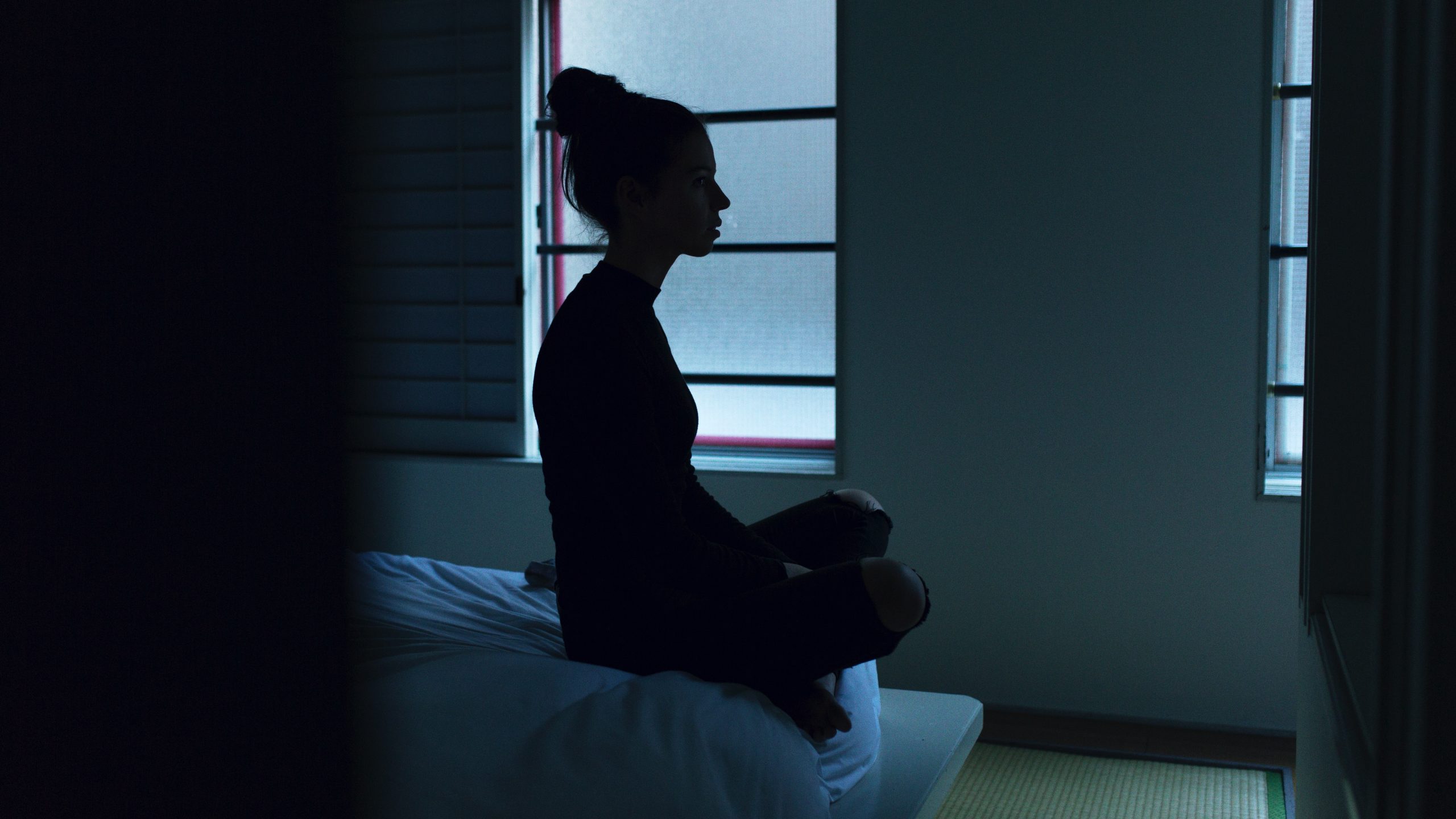
Depression fluctuates in intensity and duration, sometimes coming and going in waves. While some individuals may experience prolonged depressive episodes, others may have sudden episodes that seem to come out of nowhere.
SHARE THIS ARTICLE
Depression fluctuates in intensity and duration, sometimes coming and going in waves. While some individuals may experience prolonged depressive episodes, others may have sudden episodes that seem to come out of nowhere.
This variability in the course of depression raises the question: does depression come and go?
The answer is yes. People suffering from episodes of depression may experience moments that manifest intermittently. Sometimes they feel deep sadness; other times, they feel hopelessness. Other symptoms may exist, too. But they are often followed by periods of relative normalcy.
The fluctuating nature of depression can be confusing and frustrating for those affected. It can make it challenging to predict when depressive symptoms will arise, leading to uncertainty in managing one’s mental health.
It is essential for individuals with depression to recognize these patterns. With the help of a mental health professional, you can develop appropriate strategies for coping with depression that comes and goes every few months.

There are several factors that can contribute to depression that comes and goes.
Stressful life events such as work-related pressures, grieving the death of a loved one, or relationship problems can cause depressive episodes to strike.
Hormonal shifts or mood swings may also contribute to bouts of fluctuating depression. This can affect mood regulation and contribute to the waxing and waning of depressive symptoms in daily life.
Genetics or family history also plays a part. Some people may experience depression more easily than others.
This article will help you recognize the differences in depression among adults. If you have been experiencing depression, be sure to seek help from a mental health professional to get a tailored treatment plan for your needs.
Have you recently experienced a stressful event and been feeling down since? This could be evidence of situational depression or even seasonal depression.
Depression that comes and goes refers to any state of depression caused by an event or stressor and typically lasts less than six months. Therefore, it’s often known as short-term or temporary depression as it does not linger as major depressive disorder would.
Situational depression is “an adjustment disorder with depressed mood.” Typically, individuals experiencing these symptoms of depression may seek relief once they’ve adjusted to whatever change or stressor was responsible; or once it has been eliminated altogether.
After some time has passed, you may experience relief from symptoms associated with severe situational depression. This medical condition affects both adults and children.
Persistent Depressive Disorder is an ongoing, prolonged form of depression. Your feelings could include sadness and dissatisfaction with daily activities, difficulty accomplishing them, low self-esteem, feelings of failure, and hopelessness; all contributing to decreased motivation to get things done.
Over time these feelings of sadness may interfere with relationships, school work, and daily living activities—sometimes for years at a time.
Persistent depressive disorder makes it hard to find joy even during happy occasions, often described by others as having a gloomy personality or experiencing feelings of worthlessness. While persistent depressive disorder is not as severe as major depression, your current depressed mood could range from mild to moderate or severe.
As persistent depressive disorder is an ongoing condition, managing its symptoms may prove challenging. A combination of talk therapy and medication is usually effective for treating this condition.
People living with bipolar disorder experience intense emotional states called mood episodes, which typically last days or weeks and include states such as manic or hypomanic (an abnormally happy or irritable state) or depressive (sadness).
Patients with bipolar depression also typically experience periods of neutral mood before mood episodes strike again. However, these overwhelming sense of mood fluctuations commonly last hours rather than days.
Bipolar disorder can hinder relationships with loved ones and employment or education opportunities for sufferers. However, when treated effectively, they can lead full and productive lives.
At NeuroSpa, we understand that many patients experience depression that comes and goes every so often.
SPRAVATO® is an FDA-approved nasal spray that can effectively treat depression in individuals resisting traditional treatments. It can also be used to treat suicidal ideation or behavior.
Since it has received clearance from the FDA and is covered by most insurance policies, it is now regarded as a mainstream therapy choice.
This form of Ketamine therapy has shown to be effective in managing clinical depression, especially when other conventional treatments have not been successful in resolving mental health issues.
If you’re interested in learning more, be sure to browse our blog for more mental health resources from our medical professionals at NeuroSpa.
You are not alone. Reach out for support, and seek professional help from NeuroSpa to receive the depression treatment that you deserve. Remember that with every wave, there is the potential for calm waters ahead.
If you’ve been suffering from waves of depression and are looking for relief, schedule an appointment today.
In times of crisis, your safety and well-being are of utmost importance. If you or someone you know is struggling with active thoughts of self-harm or suicide, please remember that help is available. Reach out to emergency services immediately by dialing 911, or contact the National Suicide Prevention Lifeline at 1-800-273-TALK (1-800-273-8255) for compassionate support, guidance, and resources. Remember, you are not alone, and there are people who care and want to help you through this difficult time.

Transcranial magnetic stimulation (TMS) is a non-invasive procedure that uses a magnetic field to stimulate nerve cells in the brain. This treatment has been found to be effective in treating a variety of conditions such as depression, anxiety, and chronic pain.
By providing your email address, you agree to receive marketing messages as per our Terms of Use, Privacy Policy, and Notice of Privacy Practices